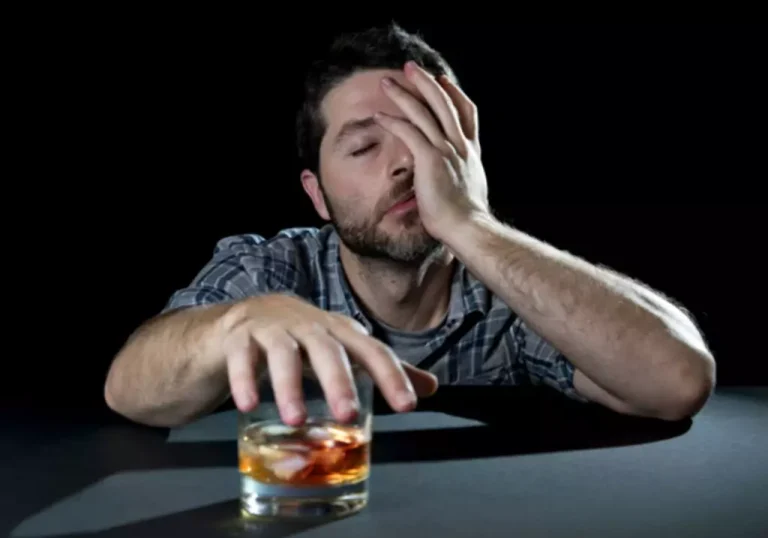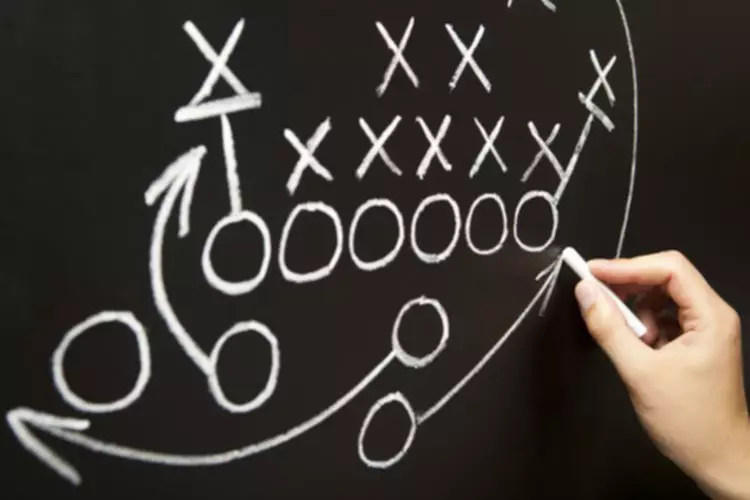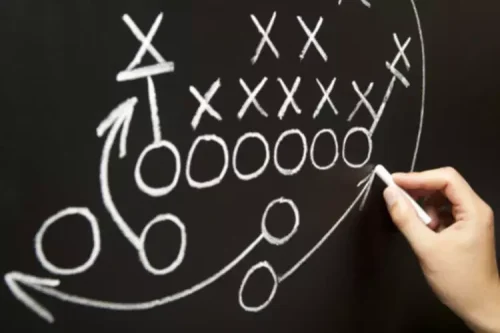
Low carbohydrate and low-alcohol drinks may be better than standard alcohol, but the dangers still need to be considered. Often alcohol is mixed with fizzy, sugary drinks that can impact on blood sugars. If you have more than a single drink, most alcoholic drinks will tend to initially raise your blood sugar. The prefix “hyper-” always indicates higher than normal levels of a substance, whereas the prefix “hypo-” indicates lower than normal levels.
Diabetes and Alcohol: How Does Alcohol Affect Blood Sugar?

Similarly, for both men and women, higher levels of consumption (above ∼50 g/day for women and 60 g/day for men) were no longer protective but actually increased the risk for diabetes. It’s important to keep an eye out for hypoglycemia when drinking alcohol, especially if you have diabetes. Alcohol can affect the liver, lowering blood sugar levels, and it can interact with some medications, including those used by many people with diabetes. There’s a risk that drinking alcohol can lead to low blood sugar (hypoglycemia), especially for people with diabetes.
- Additionally, alcohol has been reported to effect hepatic glycolytic and gluconeogenic enzyme activities including a reduction in phosphofructokinase 41.
- The ADA also states that a drink or two may improve insulin sensitivity and sugar management.
- They should also remember that some diabetes medications may not work if they consume too much alcohol.
- That can make it especially difficult to get a grip on how many carbs and calories you’re consuming.
- Alcoholic drinks often have a lot of calories, making it more difficult to lose excess weight.
Diabetes and alcohol
Overall, alcohol consumption leads to less predictable blood sugar levels, and this can be a risk. Also, check your blood sugar levels before you drink, while you drink, before you go to bed, and for 24 hours after you drink alcohol. If you’re a woman, a moderate amount means no more than one drink per day. In addition to interacting with metformin, alcohol can also affect your diabetes directly by lowering your blood sugar levels. Alcohol can cause low blood sugar levels for up to 24 hours after you drink it.
Appointments & Care
Have someone in the support group who knows how to give emergency glucagon by injection or nasal inhalation. For people new to the intersection of alcohol and diabetes, it’s advisable to have a friend or family member who knows diabetes to check in with. This person should also know the signs of hypoglycemia and what to do if their friend or loved one needs assistance.

It can be difficult to determine if someone is experiencing hypoglycemia or is intoxicated because they share many of the same symptoms. Most importantly, if individuals wish to engage in moderate drinking, they should first discuss it with their doctor. The below information can help someone adhere to the one-drink-per-day limit for females and the two-drinks-per-day limit for males. According to the National Diabetes Statistics Report 2020, 34.2 million people in the United States had https://ecosoberhouse.com/ diabetes in 2018.
- However, with larger amounts of alcohol, serious hypoglycaemia can occur.
- Don’t take a hot bath, hot tub or sauna because the heat combined with the alcohol may cause your blood pressure to drop too much.
- Many people with alcoholic liver disease also have either glucose intolerance or diabetes.
- If you are insulin-dependent, your doctor may suggest adjusting your insulin doses while drinking.
- This organ stabilizes glucose levels by storing carbohydrates and releasing them into the bloodstream between meals and overnight.
- All condition, treatment and wellness content is medically reviewed by at least one medical professional ensuring the most accurate information possible.
Diabetes and the Risks of Drinking Alcohol
If you take insulin or certain types of diabetes medicine, it can cause seriously low blood sugar. Drinking without eating food at the same time also greatly increases this risk. The general advice about alcohol for anyone with diabetes is the same as the advice for anyone else – stick to the Chief Medical Officers’ guidelines. If you use insulin or tablets to manage your diabetes, alcohol can be potentially problematic in that it can lower your blood sugar. Combined with the blood sugar-lowering effects of your medication, this can produce dangerously low blood sugar levels, known as hypoglycaemia or a ‘hypo’. You can reduce your risk alcoholism symptoms of a hypo by never drinking on an empty stomach, regularly checking your blood glucose levels and sticking within the drinking guidelines.
USDA National Nutrient Database UCSF Medical Center 7/05
- Most studies were conducted in Western countries with the exception of three studies of Japanese and Korean populations; however, this was not a significant source of heterogeneity for men or women (analyses not shown).
- In his role at Sansum, he was a lead investigator in numerous clinical trials on automated insulin delivery systems, including Basal-IQ technology and Control-IQ technology.
Finally, the priming effect in humans appears specific to glucose as it does not impair glucagon-mediated insulin secretion 93. The effect of alcohol on glucose tolerance in nondiabetic subjects and animals is often contradictory making data interpretation problematic. In general, glucose tolerance has been reported to impaired, improved and unaffected by alcohol, as described below. These discordant findings highlight the equivocal nature of the data obtained from standard glucose tolerance tests (GTTs), especially when concomitant insulin concentrations over time are not also provided. In particular, while GTTs appear to primarily reflect peripheral insulin sensitivity, they also contain a component of noninsulin-mediated glucose disposal or glucose effectiveness.
People who frequently consume a lot of alcohol can wipe out their energy storage in a few hours. Drinking alcohol in high quantities regularly can cause an increase in blood pressure. Furthermore, alcoholic drinks contain calories, and therefore can lead to weight gain.
Drink in Moderation
The liver stores glucose from carbohydrates you’ve eaten and then releases the glucose into the bloodstream when needed for energy. If someone chooses to consume alcohol, they should have food with it and keep a close watch on diabetes and alcohol their blood sugar. Because alcohol is highly addictive and research links heavy consumption to an array of adverse health effects, avoiding the beverage is the healthiest choice for anyone. With any medication you take, you should be aware of interactions with other substances.
Effects of Alcohol on Diabetes

Clinical experience indicates, however, that a testosterone deficit rarely is the sole reason for impotence in diabetic men, because treatment with testosterone rarely restores potency in those men. Thus, both neuropathy and vascular disease likely play significant roles in impotence in diabetic men. Neuropathy, in addition to other factors (e.g., vascular disease in the penis or altered hormone levels), also may contribute to impotence, which is a common and troublesome complication in diabetic men. The nerves that control erection are part of the autonomic nervous system, which controls numerous vital processes that occur without conscious efforts (e.g., breathing and the contractions of the gut necessary for proper digestion). Warehousing glycogen, the stored form of glucose, is among the many tasks your liver performs. The glycogen stays there until your liver breaks it down for release to address low blood sugar.
